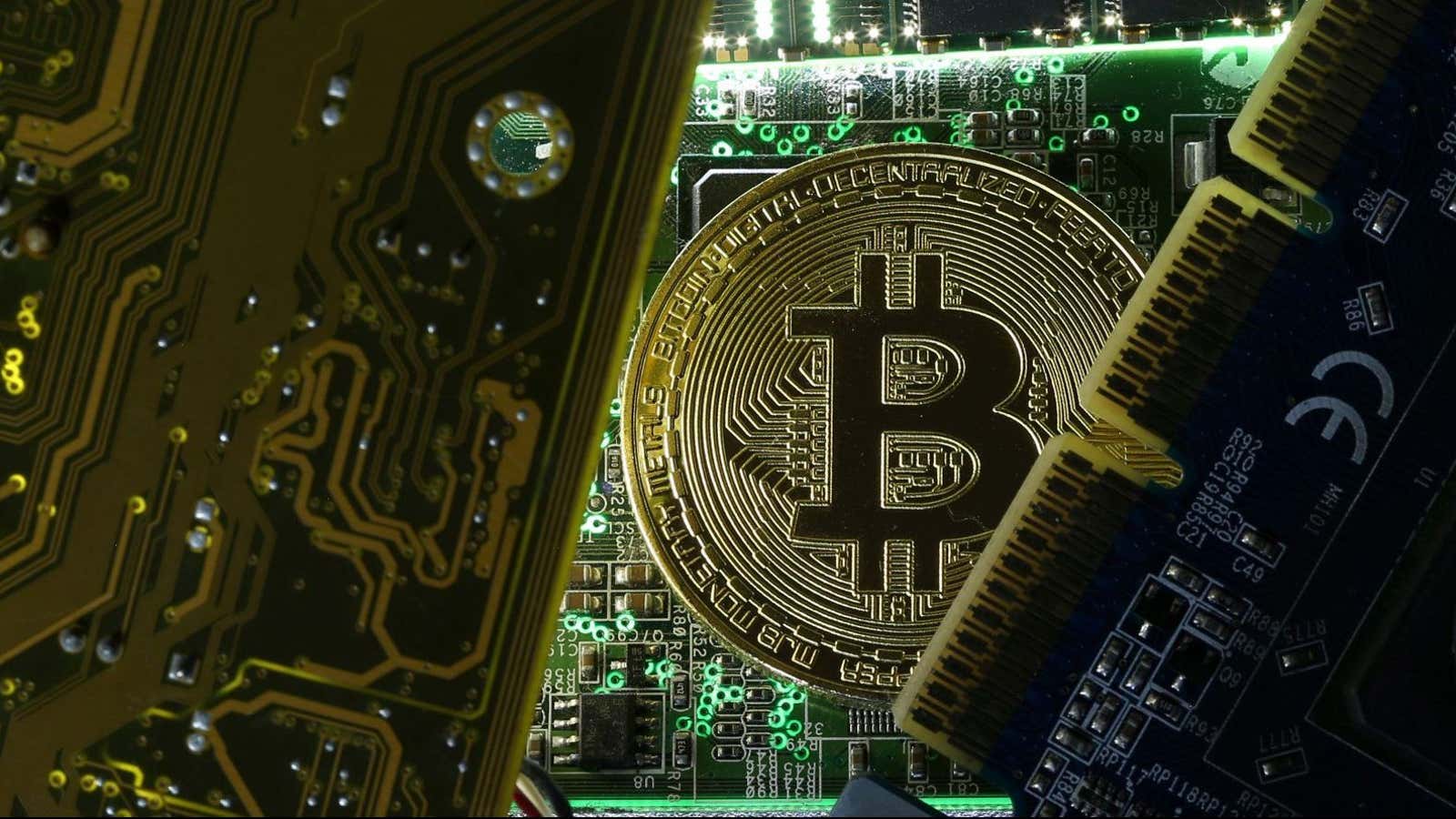India’s supreme court wants the Narendra Modi government to clarify its stand on cryptocurrencies within a month.
The apex court’s ultimatum came yesterday (Feb. 25) during a hearing in a long-drawn case between the country’s virtual currency exchanges and the government. The two-judge bench of Justice Rohinton Fali Nariman and Justice Vineet Saran said it is granting time to the government as a “last opportunity” to present its stand in the next hearing, which is expected in the last week of March or in the first week of April.
A panel headed by India’s economic affairs secretary, Subhash Chandra Garg, has been working on draft regulations for virtual currencies since November 2017, but no timeline for drafting the rules has been specified so far.
In the absence of a well-defined policy, the cryptocurrency ecosystem is choking. Since July 2018, banks have been barred by the Reserve Bank of India (RBI) from undertaking any business relation with crypto bourses or traders. This has dealt a death blow to the business as trading volumes plummeted, and the exchanges dragged the central bank and the government to court.
What the ruling means
The latest development in the case, however, does not imply that cryptocurrency regulations will be in place in a month, said Anirudh Rastogi of the New Delhi-based firm Ikigai Law, which is representing the virtual currency exchanges.
“What this means is that the government is firming up its position on the subject, and will present to the court its considered position or the position of the inter-departmental committee (headed by Garg) that is currently deliberating on the issue,” he added.
However, what the court has explicitly directed the government to do will be clear only when the court order is up in a day or two, said Jaideep Reddy, a senior member of the international law firm Nishith Desai Associates.
Last December, the government had informed parliament that it has not set aside any deadline for firming up regulations for digital currencies. “In absence of a globally acceptable solution and the need to devise a technically-feasible solution, the department is pursuing the matter with due caution. It is difficult to state a specific timeline to come up with clear recommendations,” Pon Radhakrishnan, the minister of state for finance, had told the Lok Sabha, the lower house of Parliament, on Dec. 28.
But after yesterday’s ultimatum by the supreme court, the government may be forced to hustle.
In fact, the court had earlier set aside the hearing on Feb. 25 exclusively for the exchanges and the RBI to present their views on the restrictions placed by the latter. But during the hearing, the supreme court refused to consider any arguments against the removal of the banking ban.
“It is not clear what prompted this change but since crypto-assets present a complex technical issue, it is possible that the bench first wants to hear the government’s stand before deciding the constitutionality of the RBI circular,” said another lawyer, requesting anonymity.
